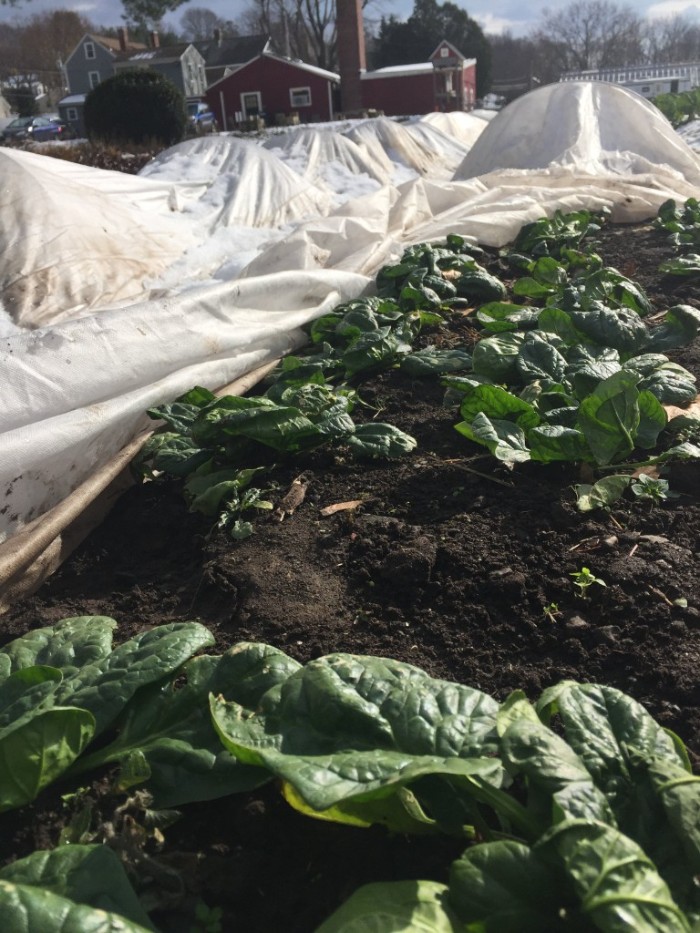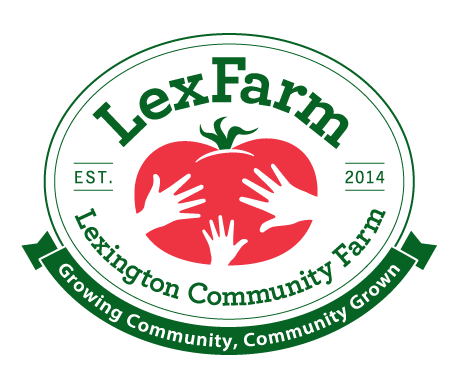Notes from the Field: Fall/Winter Pickup 3

Notes from the Field
I was relieved and grateful to find that almost all of our crops came through the cold snap, except for a few beds of lettuce. This will be the last time lettuce appears in the Fall Share (in the form of a wintry salad mix), and unfortunately we won’t have enough for the farm stand this time. Lots of fresh cilantro, scallions, parsley and kale for all!
Farmers in New England are on the tail-end of a season of extremes. A cold spring; abnormally hot, dry summer; abnormally wet fall; and record-breaking cold temperatures in November. The National Farmer Union’s newsletter this week responded to the latest Climate Assessment with the bleak headline “Climate Change Threatens Farmers’ Livelihoods.”
The newsletter reads, “the findings of the report in regards to the food system … confirm what we have known for quite some time: climate change is already affecting farmers’ livelihoods, rural economies, and global food security, and if left unchecked, will devastate all three. In broad terms, [U.S. Global Change Research Program] projects that shifting weather patterns and greater and more frequent extreme weather events will continue to have widespread and irrevocable ripple effects on almost every aspect of food production, from changing the length of growing seasons to increasing the likelihood of heat stress in livestock. …” They continue with this call to farmers, “The report not only serves as a warning of sorts, but also as a prescription for addressing this crisis. Though farmers and ranchers will be disproportionately affected by climate change, it is also clear that they will necessarily play an important role in the climate solution. The implementation of conservation practices, like managed grazing or cover crops, can pull carbon out of the atmosphere and sequester it in the soil. These practices not only have climate-mitigating effects, but they can also improve soil health and increase agricultural yields.”
During this season of thanksgiving I’m focusing on the positive. I’m feeling especially grateful to be part of a community that values the contribution of a small farm to our local food system. Resilience and creativity abound on farms like this one. Our small scale allows us the agility to be adaptive and responsive to extreme weather patterns. Our diversification allows us to celebrate the successes of crops that fare well in a given season, and recover from crops that had a tough year. Our community’s willingness to try new varieties, change dinner menus on the fly, and relish the bounty that comes from our fields, whatever it may be, allows us to continue practicing resilience.
 |

